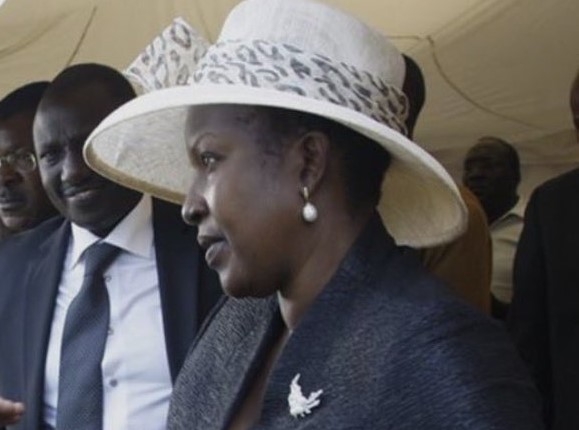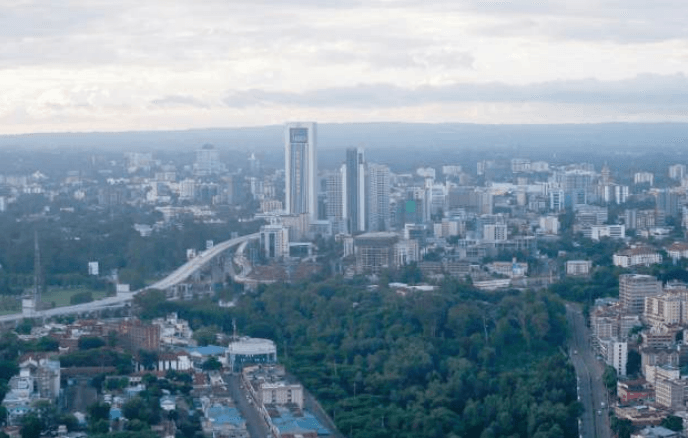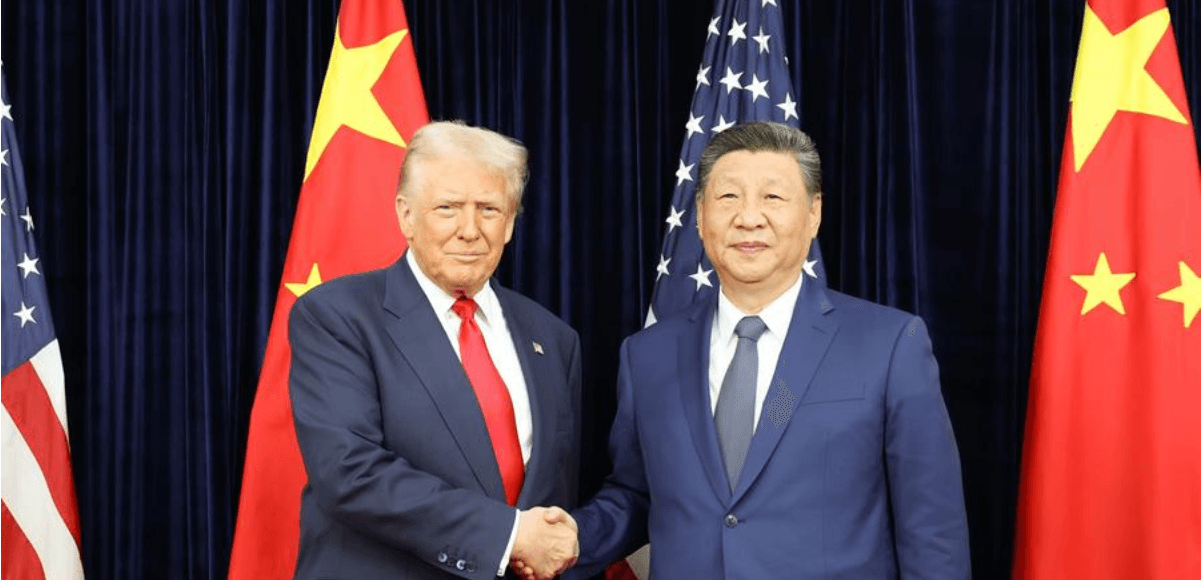Kenya, the largest economy in the East African region by way of GDP is the fastest fastest-growing economies in Africa, World Bank's Kenya Economic Update report 2022 shows.
It says the country has a relatively stable macroeconomic environment, sustained investor confidence and a fast-expanding services sector.
Kenya’s economic growth was expected to moderate in 2022 with the real GDP being projected to grow by 5.5 per cent in 2022 and 5.2 per cent on average in 2023-24.
According to the Big Deal report, in 2022, Eastern Africa was the second most attractive region in start-up funding which was 26 per cent translating to $1.2 billion.
It represented the largest share of the regional funding at 86 per cent, 12 percentage points compared to 2021.
Apart from Nigeria, Kenya is the only other African market to have attracted over $ 1.1 billion in funding in 2022.
To maintain its lead, the Kenyan government is looking to technology and innovation as strategic drivers of new business development, job creation, and socio-economic growth.
Considered one of Africa’s ‘Big Four’ innovation ecosystems, Kenya has made good progress in this regard, registering 250 per cent year-on-year growth between 2020 and 2021 in terms of startup funding realised.
Country lead for Kenya at Innovate UK KTN Global Alliance Sheilah Birgen said for Kenya to maximise the impact potential of startups and innovative entrepreneurs, it requires a coherent Intellectual Property (IP) regime, which it currently lacks.
In Kenya, IP rights are protected by the Kenyan Industrial Property Act (KIPA), which establishes the Kenyan Industrial Property Institute (KIPI).
It is the national agency responsible for the registration, administration, and enforcement of IP.
KIPA and KIPI aim to support innovation and creativity by allowing creators and owners to control how their works are used and to receive financial rewards for their creations.
"At a national level, IP has come a long way in the political arena, with the 2010 Constitution of Kenya granting it constitutional status and putting it at par with policies around the world,” Birgen said.
“While the Kenyan IP regime may meet international standards, it remains a complex and controversial issue in Kenya. To business owners at the coalface of Kenyan innovation, this leads to a net loss in innovation.”
The most pressing issue in Kenyan IP is the lack of awareness.
This was revealed during a series of round-table discussions hosted in partnership between the Association of Countrywide Innovation Hubs (ACIH) and Global Alliance Africa, a project of Innovate UK KTN.
Many people in Kenya, including small business owners, entrepreneurs and creators may not be aware of their rights or how to protect them under current IP laws.
Birgen said that for those that are aware, the cost of registering and protecting IP rights in Kenya is a barrier for many small businesses and entrepreneurs, with many lacking the resources needed to invest in the necessary legal fees and procedures.
“For those innovators with the knowledge and resources to protect their IP, another challenge comes in the form of KIPI itself which has limited resources and is unable to effectively address all IP-related issues,” she said.
“Offenders often face little to no consequences for contravening IP laws, which further discourages innovation and investment into IP-based industries.”
To overcome these challenges, Birgen suggests these several next steps that Kenyan stakeholders should consider.
1. Encourage and make it easier for innovators to protect their work through trademarks, patents, and copyrights
Birgen said that this begins with connecting idea holders to the various organisations in Kenya that offer funding, training, and networking support as well as legal assistance.
"Doing so takes us a step towards ensuring that their creative works are recognised and valued and that they can benefit from their innovations,” she added.
2. Help innovators to explore licensing and partnership opportunities
This is where Kenyan innovators collaborate with other companies or organisations to develop and commercialise their products and services.
Doing so helps bring their ideas to market.
“Collaborating with other innovators, researchers, and industry experts can also help to create a supportive ecosystem for innovation."
It can include sharing knowledge, resources and expertise and working together on joint projects or initiatives,” Birgen added.
3. Catalyse engagement between innovators, stakeholders and policymakers in Kenyan IP
“In doing so, the ecosystem will have a channel in which to advocate for reforms and improvements to the IP legal framework that can help to support innovation and creativity.”
Birgen said that it is only by collaborating with others that we can begin to effectively address IP-related challenges in Kenya, align our efforts to increase awareness and education and strengthen enforcement and legal frameworks.
This will also provide more resources and support to those seeking to protect their rights.











